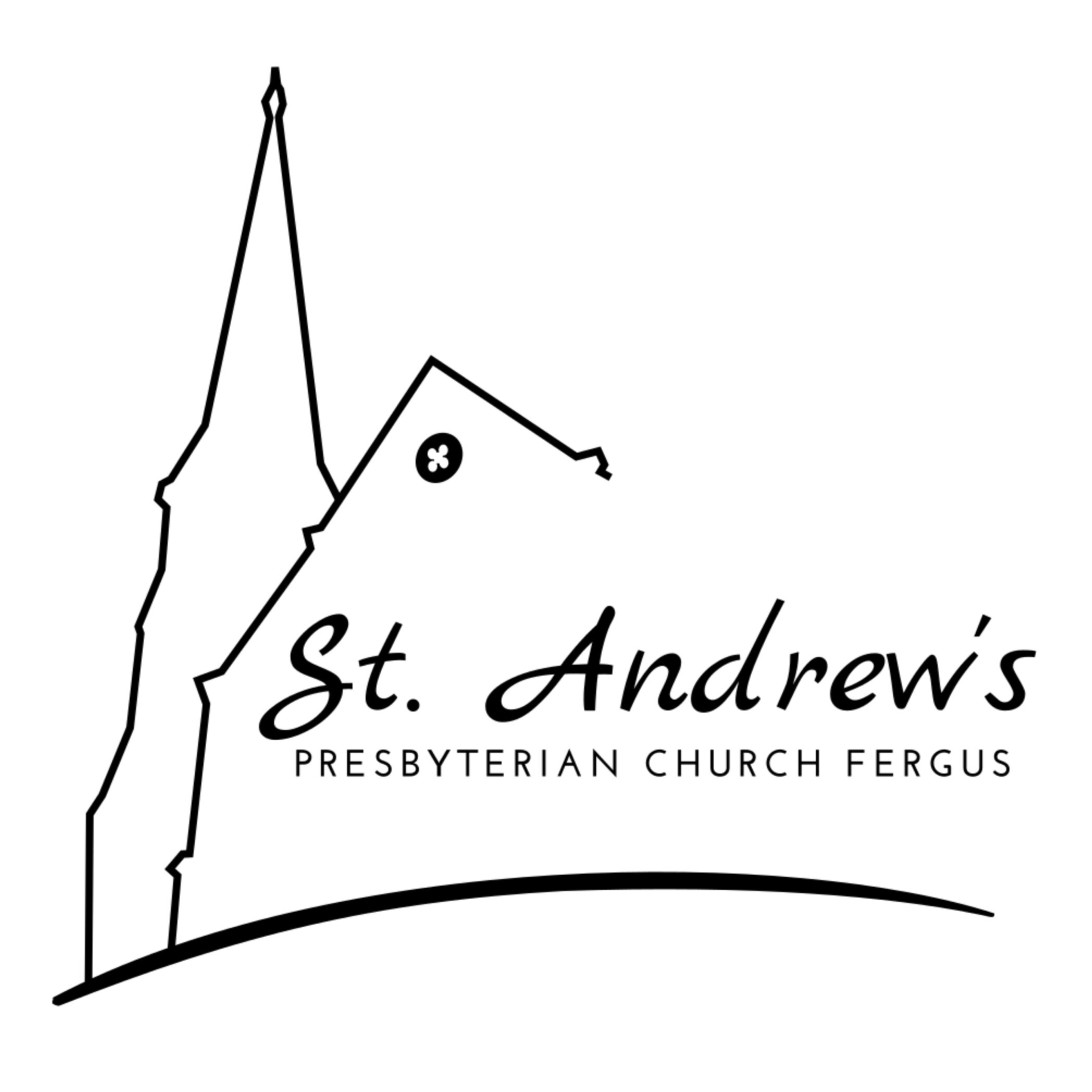The Ten Commandments
Exodus 20 (selected verses)
20 Then God spoke all these words:
2 I am the Lord your God, who brought you out of the land of Egypt, out of the house of slavery; 3 you shall have no other gods before me.
4 You shall not make for yourself an idol, whether in the form of anything that is in heaven above, or that is on the earth beneath, or that is in the water under the earth. 5 You shall not bow down to them or worship them; for I the Lord your God am a jealous God, punishing children for the iniquity of parents, to the third and the fourth generation of those who reject me, 6 but showing steadfast love to the thousandth generation of those who love me and keep my commandments.
7 You shall not make wrongful use of the name of the Lord your God, for the Lord will not acquit anyone who misuses his name.
8 Remember the sabbath day, and keep it holy. 9 For six days you shall labour and do all your work. 10 But the seventh day is a sabbath to the Lord your God; you shall not do any work—you, your son or your daughter, your male or female slave, your livestock, or the alien resident in your towns. 11 For in six days the Lord made heaven and earth, the sea, and all that is in them, but rested the seventh day; therefore the Lord blessed the sabbath day and consecrated it.
12 Honour your father and your mother, so that your days may be long in the land that the Lord your God is giving you.
13 You shall not murder.
14 You shall not commit adultery.
15 You shall not steal.
16 You shall not bear false witness against your neighbour.
17 You shall not covet your neighbour’s house; you shall not covet your neighbour’s wife, or male or female slave, or ox, or donkey, or anything that belongs to your neighbour.
The pattern of life set out in the Ten Commandments is life of radical commitment to God who acted in grace, and that grace formed the people of Israel into a new people. The Ten Commandments are the way people who are “a priestly kingdom and a holy nation” live.
Vs. 2 and 3 together are the first commandment – which begins with grace. God acted in grace bringing the people to freedom from slavery. In response to that grace the people say “thank you” by living the pattern of God’s people.
The first four commandments – sometimes called “the first table of the law” relate to how the people were to live with God. The Sabbath commandment includes how relationship with God impacts relationship with people. The day of rest was for everyone, including the non-Israelites who lived among the people of Israel.
The second six commandments – sometimes called “the second table of the law” relate to relationship with other people. All of which call for the other to be treated with respect and their person protected. Parents are to be honoured. The powerful can not kill the weak. Not committing adultery places sexual intercourse within marriage, which means that the powerful do not get their way sexually. To not steal means that the material blessing God gives to another cannot be taken by someone more powerful. To not bear false witness means to protect another person’s reputation. To not covet is to be content with the enough that we have been given by God.
All of these commandments from the second table place the other person above ourselves. The rights are on the side of the other. This was a radical new way of being for the people of Israel, one which was out of step with the cultures around them. It remains a radically different way of thinking even today, for it places other before self.
PRAYER:
Law-giving God, we rejoice that in grace you have shown us the way to live as your people. Cause us to put others first, seeking their good, their protection. In Jesus’ name. Amen.
